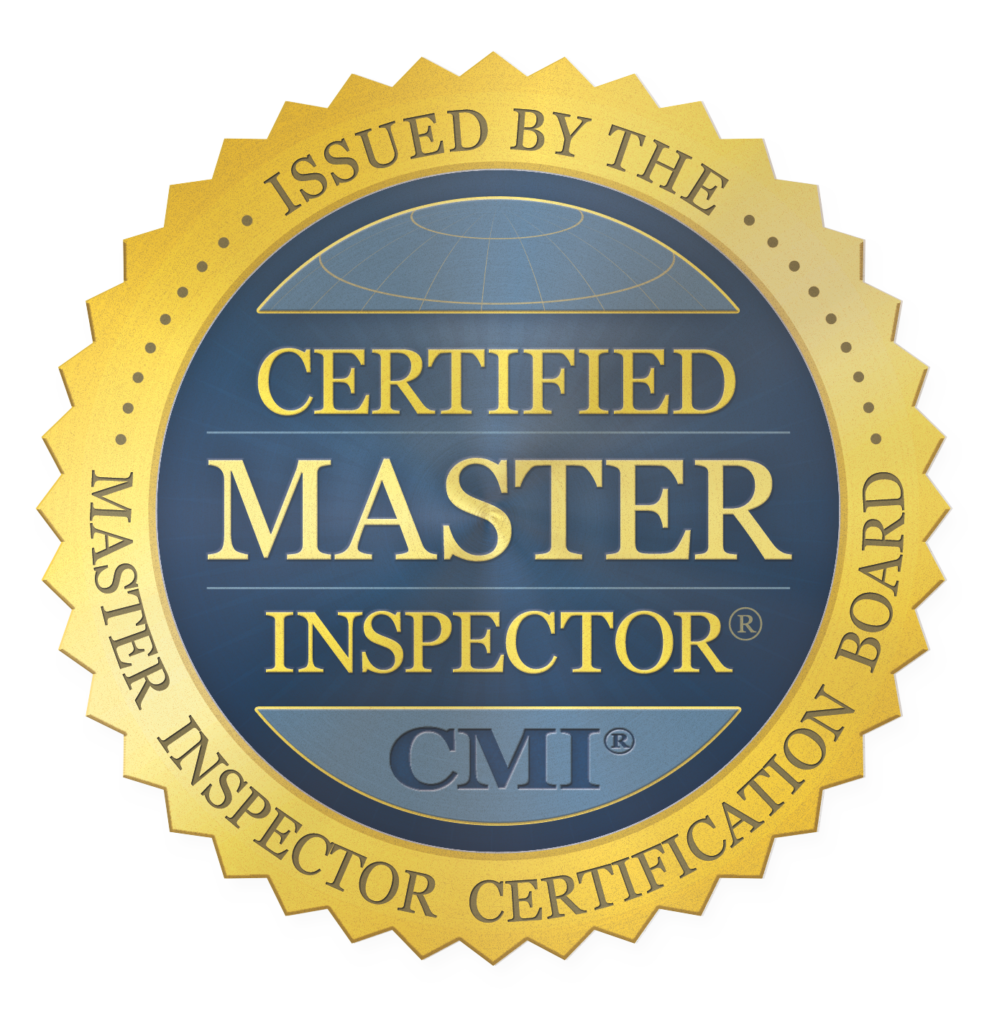 7 Essential Tips for Choosing a Home Inspector (Avoid Costly Mistakes)
7 Essential Tips for Choosing a Home Inspector (Avoid Costly Mistakes)
When choosing a home inspector, it’s natural to consider costs upfront. However, choosing a home inspector based solely on price might not be the best approach..
Is the most expensive inspector automatically the best? No. Is the cheapest inspector automatically the worst? Not necessarily.
Price alone doesn’t always determine value, and the old saying “You get what you pay for” doesn’t always apply in a straightforward way. Some higher-priced inspectors are in high demand for a reason; they have great reviews, extensive experience, and offer top-tier services with advanced tools. On the flip side, budget inspectors may lack experience, use minimal equipment, or skip additional services. But does that mean they’re always a bad choice? Not at all.
So if price alone isn’t the best way to go about choosing a home inspector, what should you look for?
1. Check for Certifications and Licensing
Not all states require home inspectors to be licensed, which means qualifications can vary widely. However, a good indicator of professionalism is an inspector’s affiliation with respected organizations like the American Society of Home Inspectors (ASHI) or the International Association of Certified Home Inspectors (InterNACHI). These memberships often require continuing education and adherence to industry standards, which can give you confidence in the inspector’s knowledge and commitment to their profession.
2. Consider Specializations & Additional Services
Not all home inspections are created equal. Some inspectors offer specialized services that can add significant value, depending on the property type and its potential issues. A few examples include:
- Infrared/Thermal Imaging – This technology helps detect hidden moisture, insulation gaps, electrical hot spots, and other issues that aren’t visible with just a flashlight. Some inspectors include this as part of their standard inspection, while others charge extra.
- Mold Assessment – If there are concerns about air quality or past water damage, some inspectors offer mold testing as an additional service.
- Sewer Scope Inspections – Sewer line issues are one of the most common and costly problems homeowners face. A sewer scope inspection involves running a small camera through the sewer line to check for blockages, tree root intrusion, pipe damage, or deterioration. This is important for homes of any age, as unnoticed sewer problems can lead to expensive repairs. Not all inspectors provide this service, so it’s worth asking if it’s available as an add-on.
- HUD Foundation Certifications for Manufactured Homes – If you’re buying a manufactured home, you may need a HUD certification to meet loan requirements. Not all inspectors are qualified to provide this, so it’s important to check upfront.
Choosing an inspector who offers these additional services may be worth the higher cost, as they can uncover expensive issues that might otherwise go unnoticed.
3. Check Their Website & Online Presence
A home inspector’s website can tell you a lot about their professionalism. Look for a well-maintained, up-to-date site that clearly outlines their services, pricing, and experience. A professional website often reflects a well-organized inspector who takes their work seriously. Beyond their website, social media can also be a valuable research tool. Instead of just relying on online reviews, try these strategies:
In today’s digital world, social media is one of the fastest ways to gather opinions and research professionals. Instead of just relying on online reviews, try these strategies:
- Post on social media platforms – Many homebuyers ask for recommendations on platforms like Facebook and Nextdoor. Seeing real feedback from people in your area can be more valuable than random online reviews.
- Check an inspector’s online presence – Many experienced inspectors share educational content, inspection tips, or industry updates on their social media pages. A well-maintained online presence often reflects a level of professionalism and engagement with their industry.
- Look at Google and Facebook reviews – Even if the home inspector doesn’t have a “perfect” rating, look for patterns in the feedback. Are people consistently praising their thoroughness and communication? Or do multiple reviews mention missed issues or rushed inspections?
4. Be Mindful of Agent Referral Lists
Many real estate agents provide a list of home inspectors, which can be helpful… but it’s not always the best way to choose. Some lists are carefully curated with reputable inspectors, while others may be outdated or biased.
A great agent will encourage you to do your own homework and select an inspector based on their qualifications, experience, and reputation—not just because they’re on a list. If an agent pressures you to use only a specific inspector or discourages independent research, that can be a red flag. In some cases, it may even be an ethics violation, as agents should have their client’s best interests in mind, not just their own convenience.
While many agents recommend inspectors in good faith, it’s important to remember that the final decision is yours. Take the time to research, check reviews, and ensure the inspector you choose is the right fit for you, not just the easiest option for your agent.
5. Talk to the Inspector
A quick conversation with an inspector can give you a feel for their professionalism and approach. You don’t need a scripted list of endless questions, but it’s a good idea to ask:
- Do you walk on the roof when it’s safe to do so?
- Do you enter crawl spaces and attics?
- Do you have equipment to access hard-to-reach areas if needed?
- Do you use infrared/thermal imaging as part of the inspection?
- Do you offer sewer scope inspections?
These aren’t trick questions, they are just basic expectations for a thorough inspection. A good inspector will be happy to explain their process and what’s included in their service.
6. Review a Sample Report
An inspector’s report is where their expertise truly shows. A good report should be clear, well-organized, and detailed, rather than just a generic checklist. Look for:
- Thorough explanations of issues – Do they provide context and recommendations, or just list vague observations?
- Photos and supporting details – Visual evidence can help you understand the significance of any concerns.
- A professional layout – A well-structured report makes it easier to review findings and prioritize any necessary repairs.
If an inspector’s sample report is difficult to follow, incomplete, or lacks useful details, that could be a red flag.
Final Thoughts on Choosing a Home Inspector
Choosing a home inspector isn’t like buying a blender or a pair of shoes from different stores, where the only difference is price. The same item is being sold at Amazon, Walmart, and Target… you just pick the cheapest one.
But home inspectors are not selling identical products. They are providing a professional service, and each one brings their own level of skill, experience, and specialty services to the table.
At the end of the day, buying a home is one of the biggest investments you’ll ever make, and having a thorough, skilled home inspector can prevent costly surprises. A good home inspector is not just an expense; they’re an investment in peace of mind. So choose wisely, you’ll thank yourself later.


.png)